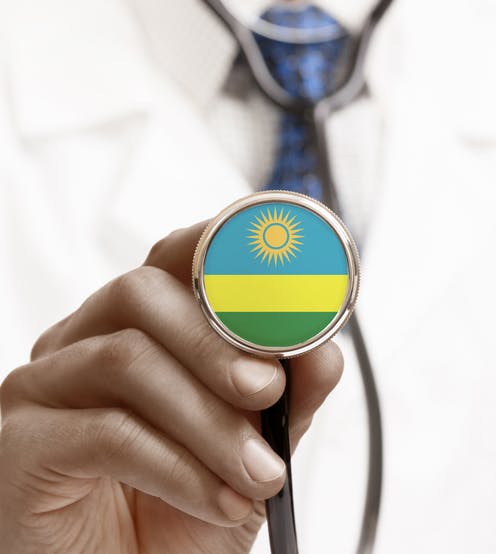By Miriam Frisch & Agnes Binagwaho
Seven countries around the world – three of them in Africa – have made faster than expected progress over the past 15 years in reducing deaths among children younger than five. These seven countries, Bangladesh, Cambodia, Ethiopia, Nepal, Peru, Rwanda and Senegal, were selected because they have all performed unexpectedly well in improving childhood health relative to their economic growth.
There are many factors at the root of their achievements, most notably, a strong integrated and coordinated health system built on primary health care. However, one cross-cutting factor stands out that we believe allowed them all to achieve significant health gains but which, so far, tends to be always overlooked: trust.
This is clear from a report, published by the Wellcome Trust and the Gallup Institute earlier this year. It surveyed 140,000 people in 140 countries to find out how they felt about science and health.
A study on public attitudes to science and health on a global scale, the survey covered topics such as whether people trust science, scientists, and information about health; the levels of understanding and interest in science and health; the benefits of science; the compatibility of religion and science; and attitudes to vaccines.
There’s a remarkable overlap between countries that have achieved progress in health goals such as reducing under-5 mortalities and those that ranked high in the trust survey. All seven were among the highest-ranked globally when it came to their populations’ belief in the importance of vaccines while six out of the seven ranked highly in their trust in hospitals and health clinics.



